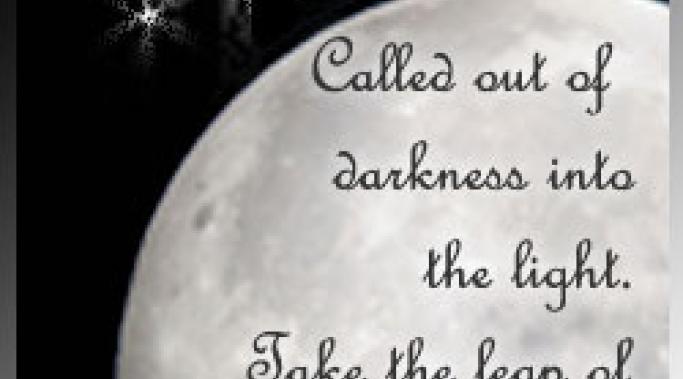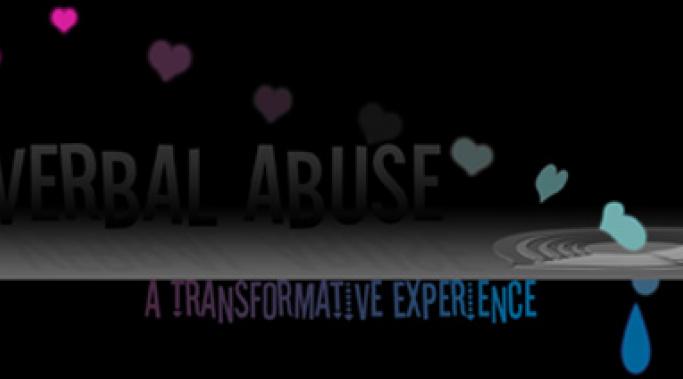I watched The Burning Bed this week. Farrah Fawcett plays abused wife Francine Hughes who murdered her husband after suffering years of abuse. In court, Sarah Hughes was found innocent by reason of temporary insanity (Battered Woman Syndrome).
After watching the movie, I wanted to find out more about the case and ran across an interview in which a man from the Hughes' town said that Francine beat her husband, too. He saw her beating him right there on the sidewalk outside his door and the police were called to separate them.
My stomach felt sick. His viewpoint of the Hughes' fight reflected the views of many people looking into an abusive relationship - the victim dished it out as good as she got. They're both at fault (What Are Victims Responsible for in an Abusive Relationship?).
Signs and Symptoms of Abuse
My mind would swirl around and refuse to be still during my time with him. I would start a project and then throw it aside, or begin cleaning the bathroom and then find myself folding clothes while the bathroom went unfinished. I'd decide to go to the grocery but somehow forget to go because the mess in my head distracted me and tossed me in another direction.
The verbal abuse excuses I used as glue to hold my marriage together were lies that kept everyone happy. But one day the verbal abuse excuses revealed themselves as lies (see Verbal Abuse Examples), and I realized that the excuses had twisted my perspective on communication, love and integrity. Soon after that, I left my abusive marriage.
There are several ways to make your abuser feel like you do and get some sweet revenge. It is possible for your abuser to feel unloved, controlled and disrespected. It's relatively easy to get some revenge on your abuser by irritating your abusive relationship. Try these tips and see if you can’t elicit the hostility your abuser holds under the surface of his otherwise calm demeanor. You too can get revenge on your abuser by making him feel like you do.
When I left my husband a year ago, his hateful voice didn't stay with him. Instead, the verbal abuse lived in my head, as it had done for our 18 years of marriage. Making it harder to deal with the after-effects of verbal abuse, the voice echoing in my head seemed just true enough to make me think they may be completely true. The after-effects of verbal abuse made me think I'd never heal.
When you love someone who is being abused, so much of it doesn't make any sense at all! You look at the wonderful human being in front of you, confused and knotted up inside and red-eyed and snotty on the outside, and wonder, "Why? Why are you, my beautiful (daughter, friend, son...) so insanely sad over those lies that idiot feeds you?!"
You want to "go over there" and give that so-and-so a piece of your mind, a good whomping, SOMETHING to make them understand that what they're doing to your beloved is NOT RIGHT.
In the beginning, he told me stories about the hardships he'd endured, and I thought I could be the one to show him what happiness felt like; I thought I could coax his mind away from the anger he held and fill his heart with love despite the pain he felt inside. I wanted him to have brightness and beauty in his life to rival the heartbreak and anger. I never thought I would become the source of his anger, the reason for his pain, or hated.
Verbal abuse and brainwashing seem to go together like puzzle pieces. It seems that once a person figures out how to verbally manipulate someone, they can become verbal abusers and brainwashers of the highest order. Some people doubt brainwashing exists. But then, some people don't think verbal abuse counts as abuse. I believe verbal abuse and brainwashing have a long history of working together to get victims to do exactly as we're told.
Verbal abuse is confusing. I sometimes blame myself for not hearing our conversations for what they were. Conversations is not the right word. A conversation is a flow of words and thoughts, back and forth, between two people - a dialogue. But my ex-husband and I didn't have dialogues, we filled our communications with monologues in which we looked at one another, directed our sometimes screaming voices at one another, but definitely did not converse.








